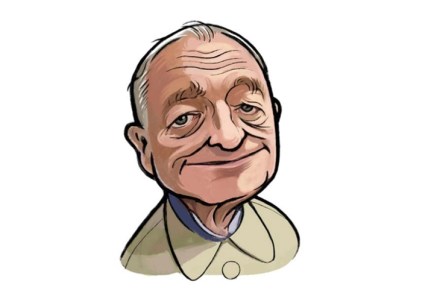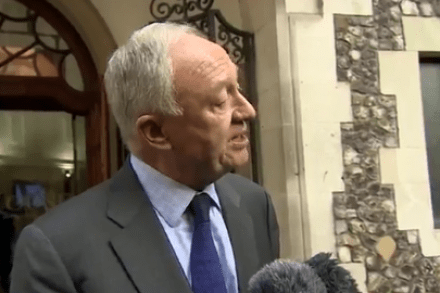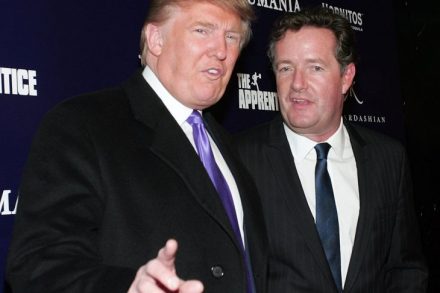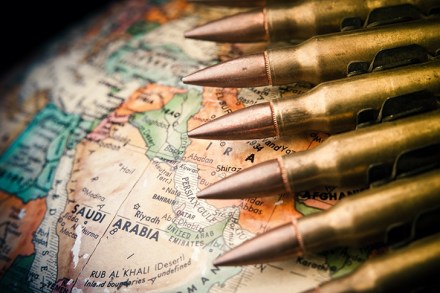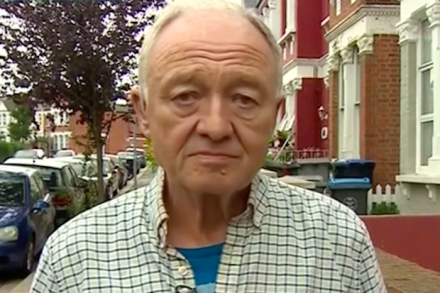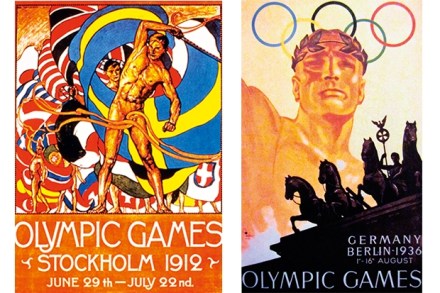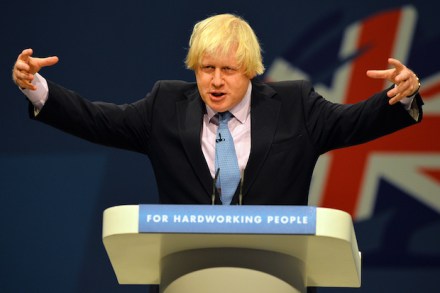In defence of Ken Livingstone
Listen to Douglas Murray and James Forsyth debating Ken Livingstone’s non-expulsion: We never loved each other, Ken Livingstone and I. We first clashed in public more than a decade ago, and have enjoyed castigating each other ever since. But, now that he has been suspended from the Labour party for a second year in a row, I come not to bury him but to praise him. For there is something valorous, even glorious, about his downfall. It was the MP for Bradford West who triggered his demise. In April last year Naz Shah was exposed for sharing anti-Semitic content on social media. Among these posts was a graphic advising the
